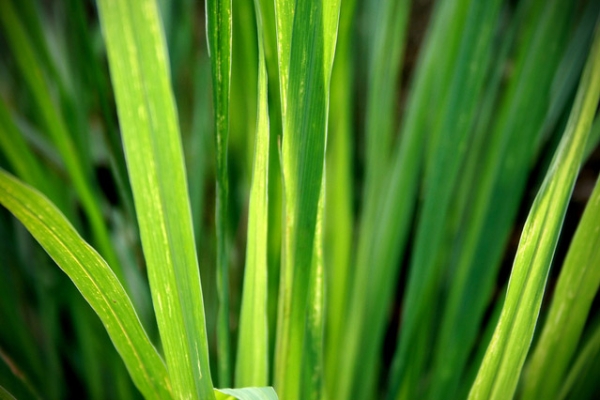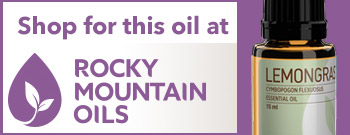Lemongrass Oil
Cymbopogon citratus and Cymbopogon flexuosus also spelled Cymbopogan
[The lemongrass genus has over fifty different species worldwide, but only two are suitable for utilization as essential oil, Cymbopogan citratus and Cymbopogan flexuosus.]
Known Uses
Lemongrass oil is known for its anti-microbial, anti-bacterial and anti-inflammatory properties. It is also used for topical pain relief and is effective in controlling a fever caused by infection. Other benefits include its use as a muscle and tendon relaxer, to relieve headaches, to treat shock, heartburn, indigestion, acne, athlete’s foot, oily skin, hair loss, scalp conditions, pulled muscles, sprains and sports injuries, arthritis joint pain and to treat wounds. It has been effectively used to treat stress, fatigue, depression, high blood pressure, water retention, insomnia and body odor. Lemongrass oil is also a flea and insect repellant.
Additionally Lemongrass can be used as a cleaning product to reduce bacteria in your home. You can also use it in a diffuser to reduce airborne bacteria and your home will smell fresh and welcoming.
History
Lemongrass is a tall perennial plant, which flourishes in tropical and subtropical regions, such as in India, Cambodia, Malaysia, Indonesia, Sri Lanka, China, and Guatemala. This plant grows in dense clumps and has bright-green, sharp-edged leaves, similar to grass. It is believed that lemon grass was being distilled for export from the Philippines as early as the 17th century. It has been a favorite oil in India for hundreds of years. In East India and Sri Lanka it is called “fever tea” and is used to treat ringworm and bruises as well. It is one of the most popular herbs in Brazil and the Caribbean for stress and digestive ailments. The Chinese use lemongrass to teat headaches, stomachaches, colds, and muscle pain.
Warning
When used topically on the skin, lemongrass should be combined with a carrier oil to prevent skin irritation, 2 drops to 1 teaspoon of carrier oil to begin.
Lemongrass oil should be used in a diffuser, with a carrier oil (olive, rice bran, grapeseed, or any unscented natural oil), or can be consumed as lemongrass tea. It is not recommend to take this oil orally without the supervision of a qualified health care provider.

